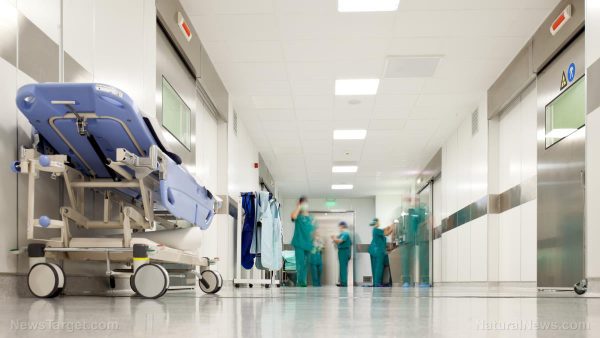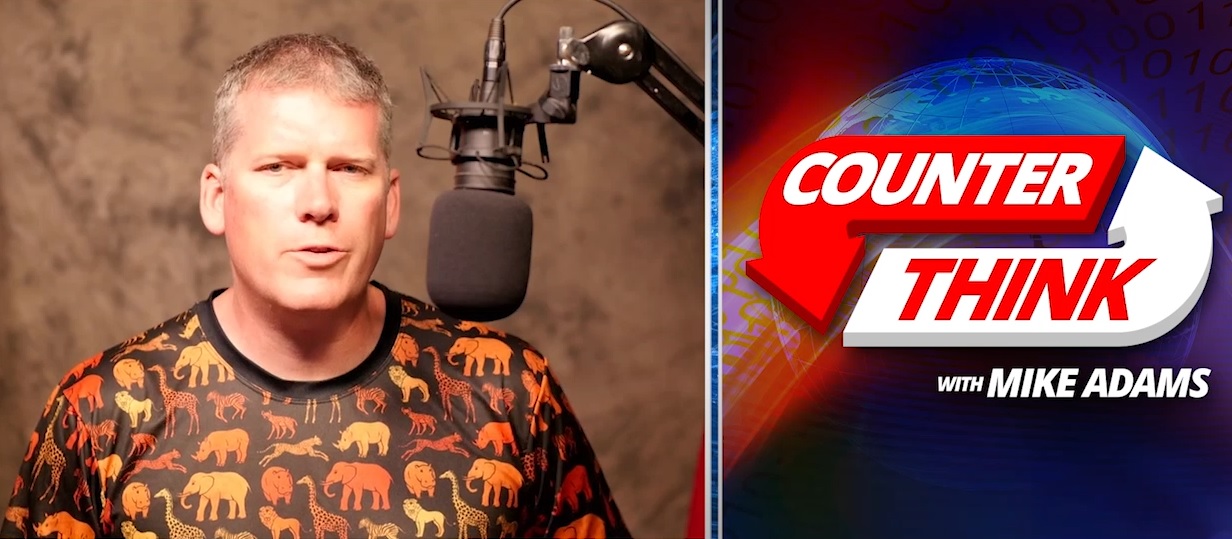If you want to keep your heart healthy, try to get some rest during normal sleep hours.
According to a recent study published in Life Sciences, getting enough sleep at night “may help the heart repair itself.”
Scientists from the University of Alabama at Birmingham conducted research in animal models and the results revealed that the heart restores damaged proteins during the sleep period. However, once food is consumed at the same time, the mechanisms that replace the damaged proteins are halted.
Dr. Martin Young, co-author and Professor in the Division of Cardiovascular Disease, explained that eating late at night is similar to someone taking out the trash weekly then suddenly stopping one day. The trash will accumulate in your house, and your home will become dysfunctional.
Dr. Young added that based on their findings, eating during the sleep phase means your heart will stop “taking out the trash.” The researchers believe that food consumed late at night could make the heart dysfunctional. (Related: How You Can Improve Your Hormones, Sleep, Heart and Brain Health.)
Before he and his team gathered data, Dr. Young outlined two questions that he wanted to address with the findings of the study: “What is the temporal response of the heart to fasting, and what are the metabolic effects of fasting during the normal sleep hours?”
The researchers discovered that when animals were forced to consume food at the wrong time of day, their heart loses the rhythms in mechanisms that are crucial for the removal (autophagy) and replacement (synthesis) of damaged proteins.
Dr. Young shared that the heart may be conditioned to mend itself while an animal sleeps. He added that if food is eaten at the wrong time of day, the heart will stop its “nighttime repair.”
Dr. John Chatham, co-author and professor in the Department of Pathology, acknowledges that while the study was a comparatively small study on animal models, research of this kind is essential since it can help further their understanding of how specific interventions, such as intermittent fasting, can lower the risk of heart disease and diabetes.
Dr. Chatham noted that knowing how the heart controls important processes like autophagy and protein synthesis throughout the day, and how fasting affects these two methods, can help create new interventions that may effectively minimize the risk of disease. Dr. Chatham concluded, “These studies are also important because there is a vast amount of interest in the effects of fasting on cardiovascular health, that other researchers need to know the impact of time of day when studying both animals and humans.”
Sleep, heart health, and muscle repair
Aside from restoring damaged proteins, sleep can help the heart repair muscles in the body.
When you’re sleeping, your body alternates between two forms of sleep: rapid eye movement (REM) and non-REM sleep. This cycle repeats a couple of times the whole night. REM sleep gives the brain energy which it needs to function during waking hours. REM also helps restore the mind.
Meanwhile, stages three and four of non-REM sleep, called slow-wave or deep sleep, help restore the body.
In the phases of non-REM deep sleep that help mend the body, the blood pressure drops and breathing deepens and slows down. Since the brain is at rest and with very little activity, the blood supply available to the muscles increases, which boosts the oxygen and nutrients that promote their healing and growth. Muscles and tissues are reinvigorated while new cells are restored during this phase of sleep.
When the body is in the non-REM deep sleep stage, the pituitary gland releases the growth hormone that triggers tissue growth and muscle repair.
When you’re hurt or sick, the muscles in your body need more sleep and recovery time. For example, if you are recovering from an injury or are in post-op physical therapy, remember that your body requires more sleep to heal properly. Since muscular recovery is needed following intense exercise, such as strength and endurance training, the muscles will be torn down to some extent.
The average adult requires are least seven to nine hours of sleep every night, per The National Sleep Foundation. You’ll be fine if you miss one night of sleep, but not getting enough rest for several days can be bad for your muscles so try to get the minimum required hours of sleep whenever you can.
You can read more articles about natural ways to prevent heart disease at Heart.news.
Sources include:
Newswise.com
LiveStrong.com




















